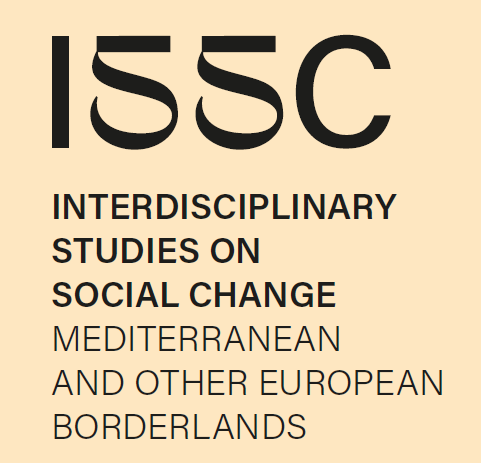The course will provide students with an overview of contemporary theoretical and empirical debates on ‘risk’ in modern societies. The theoretical paradigms will range from the rational actor paradigm (RAP), through socio-cultural theories of risk (including “risk society”) to a philosophical paradigm. Attention will be focused upon the theoretical perspectives that inform empirical studies of risk perceptions and behaviours in regard to the following main topics: new technologies, migration, climate change, pandemics, socio-economic exclusion and other. Students will debate the political values and ethical concerns that inform contrasting economic, sociological, anthropological and philosophical accounts of ‘risk’.
Successful completion of the course will provide students with: An ability to gather data and information from secondary sources; an ability to present interdisciplinary reasoned arguments; an ability to communicate opinions and ideas to a critical audience; an ability to critically apply social science to the assessment, analysis and management of risk; an ability to explore the interrelationship between theory, method, policy and practice; an ability to critically evaluate the significance and value of research data.
Student’s working time:
- organized hours: 60 h
- preparation for classes: 60 h
- preparation for a credit / examination: 30 h

